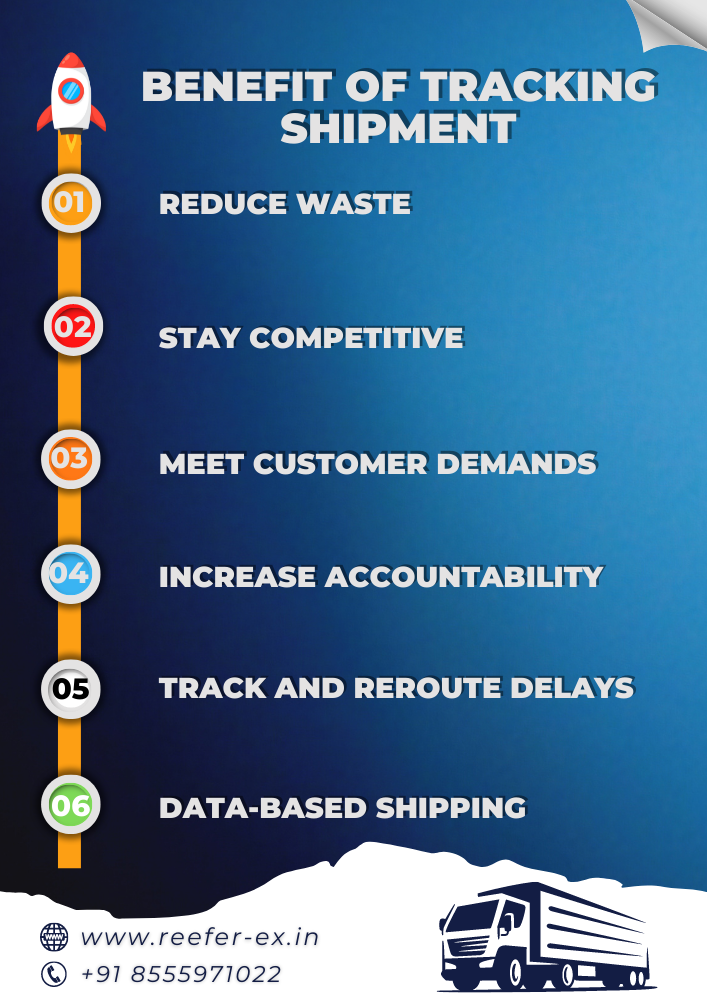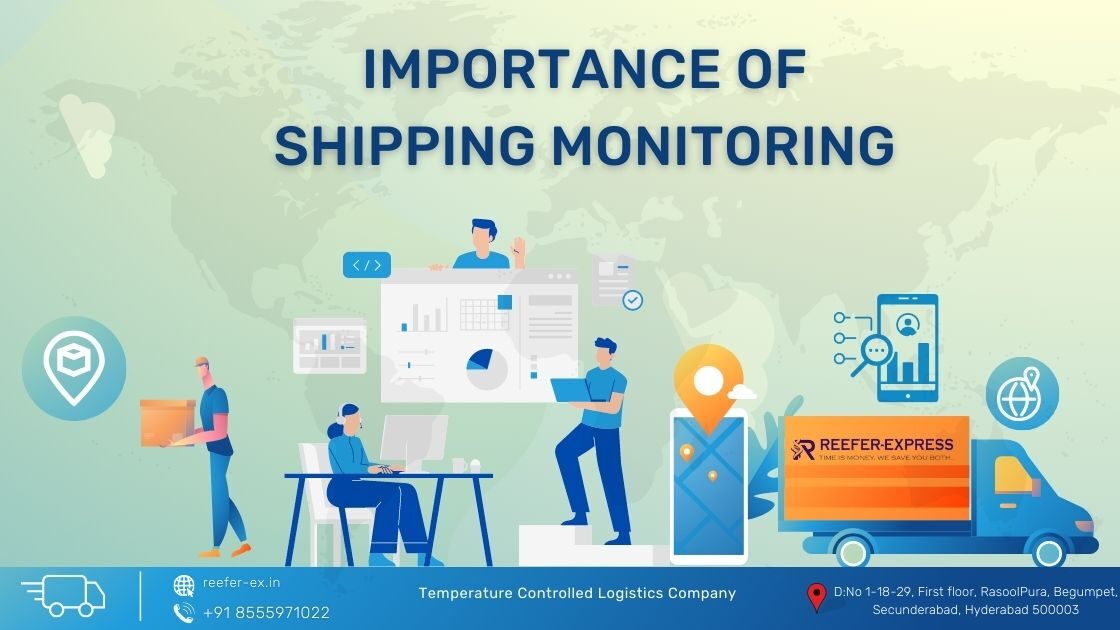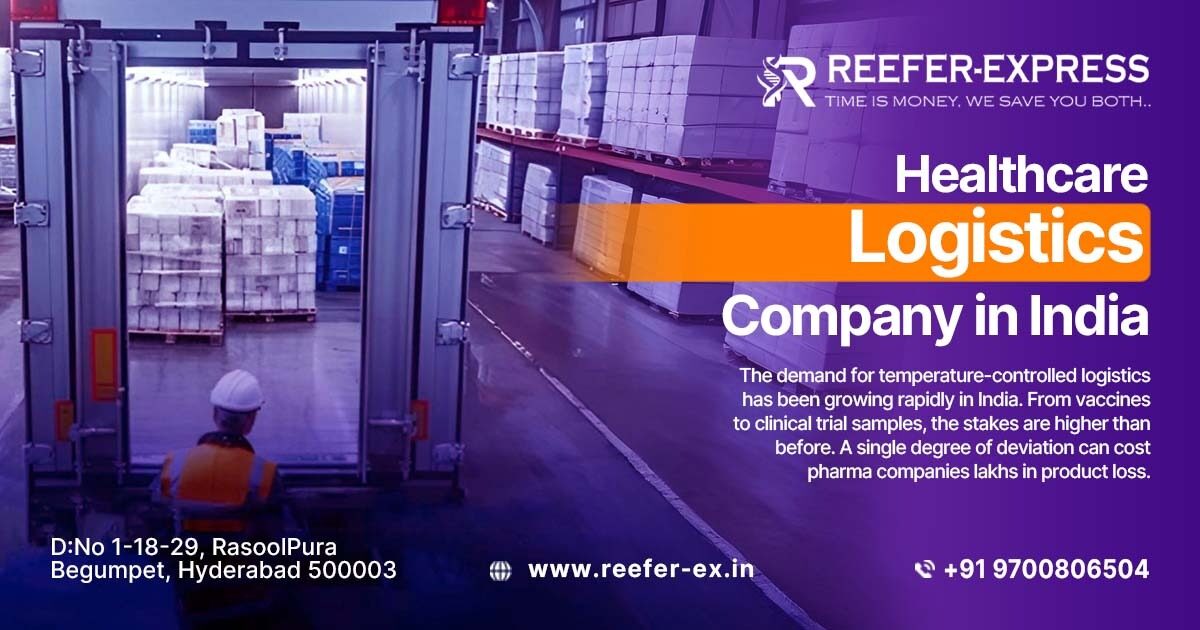Shipping is a process that involves the transportation of goods from one location to another. It is a vital part of the supply chain and plays a crucial role in the economy. The shipping industry has grown exponentially in recent years, with the global trade volume reaching $15 trillion in 2016. This growth has been driven by the increasing globalization of businesses and the rise of e-commerce.
Despite its importance, the shipping industry is fraught with challenges. One of the most pressing issues is the lack of transparency and accountability. In a globalized economy, goods are often shipped through multiple countries, making it difficult to track their whereabouts. This can lead to delays, lost shipments, and other problems.
What Is Shipping Monitoring?
Shipping monitoring is the process of tracking shipments as they move through the supply chain. It can be used to track both inbound and outbound shipments. Shipping monitoring systems are typically used by businesses to improve their shipping operations.
Shipping monitoring systems provide visibility into the supply chain by tracking shipments in real-time. This information can be used to optimize shipping routes, identify delays, and track lost shipments. Shipping monitoring systems can also be used to monitor compliance with shipping regulations.
Why Is Shipping Monitoring Important?

Shipping monitoring is important because it provides visibility into the supply chain. This information can be used to improve shipping operations and prevent problems.
1. Reduce Waste
Shipping monitoring can help businesses reduce waste by providing visibility into the supply chain. With shipping monitoring, businesses can identify delays, track lost shipments, and optimize shipping routes. This information can be used to improve shipping operations and reduce waste.
2. Stay Competitive
In a globalized economy, businesses must be able to compete on a global scale. Shipping monitoring can give businesses the information they need to optimize their shipping operations and stay competitive.
3. Meet Customer Demands
In a world where customers demand faster shipping, businesses must be able to meet these demands. Shipping monitoring can help businesses identify delays, track lost shipments, and optimize shipping routes.
4. Increase Accountability
Shipping monitoring can help businesses increase accountability by providing visibility into the supply chain. With shipping monitoring, businesses can track shipments in real-time and identify any issues that may arise.
5. Track and Reroute Delays
Are you encountering delays in your shipments? Use shipping tracking to monitor your shipments in transit, so you can quickly identify the source of the delay and reroute accordingly.
6. Data-Based Shipping Decisions
Make shipping decisions based on data, not guesses. Use shipping tracking to collect data on your shipments, so you can optimize your shipping routes and improve your bottom line.
Best Methods for Tracking Shipments
When it comes to keeping track of your shipments, you need to be able to rely on a system that is both efficient and effective. There are a few different ways to track your shipments, but some methods are better than others. In this article, we will take a look at the best methods for tracking shipments so that you can choose the right one for your needs.
GPS tracking system
One of the most popular methods for tracking shipments is using a GPS tracking system. GPS tracking systems are able to provide real-time information on the location of your shipment. This means that you will always know where your shipment is and you can track its progress in real-time. GPS tracking systems are also very accurate, so you can be sure that the information you are receiving is correct.
Radio frequency identification
Another popular method for tracking shipments is using radio frequency identification (RFID). RFID tags are placed on shipments and they emit a signal that can be tracked by an RFID reader. This allows you to track the location of your shipment in real-time. RFID is a very accurate method for tracking shipments, but it can be more expensive than other methods.
Bar codes
Bar codes are a common method for tracking shipments. Bar codes are placed on shipments and they can be scanned by a bar code reader. This allows you to track the location of your shipment. Bar codes are not as accurate as other methods, but they are still a good option for tracking shipments.
Electronic Logging Devices
Electronic logging devices (ELDs) are becoming increasingly popular for tracking shipments. ELDs are placed on shipments and they emit a signal that can be tracked by an ELD reader. This allows you to track the location of your shipment in real-time. ELDs are very accurate and they are a good option for tracking shipments.
Contact Reefer Express
To learn more about tracking your shipments, contact Reefer Express today. We offer a variety of shipping solutions that can help you track your shipments and keep them safe. Contact us today to speak with a Pharma Logistics Specialist who can help you choose the right shipping solution for your needs.






